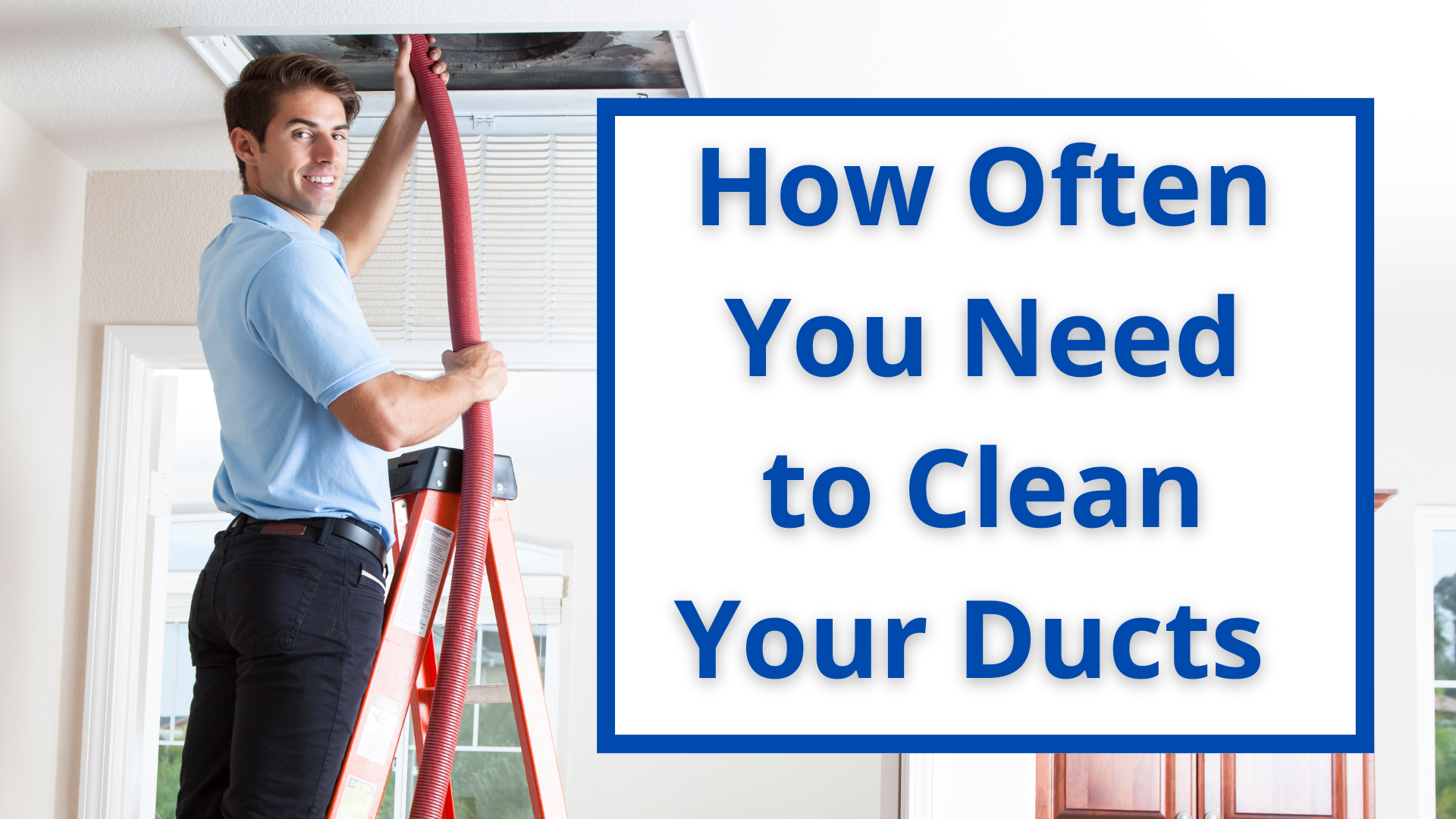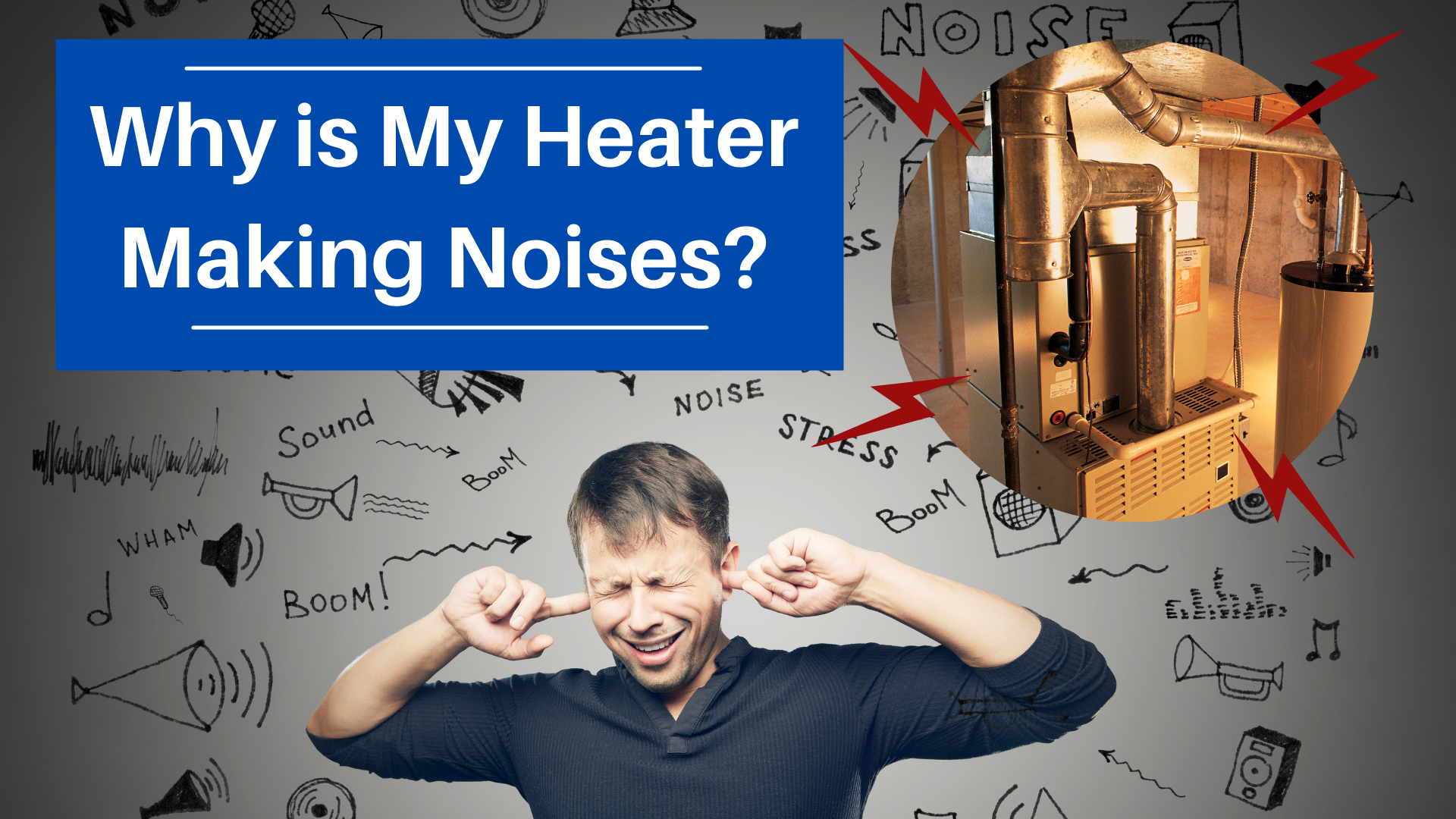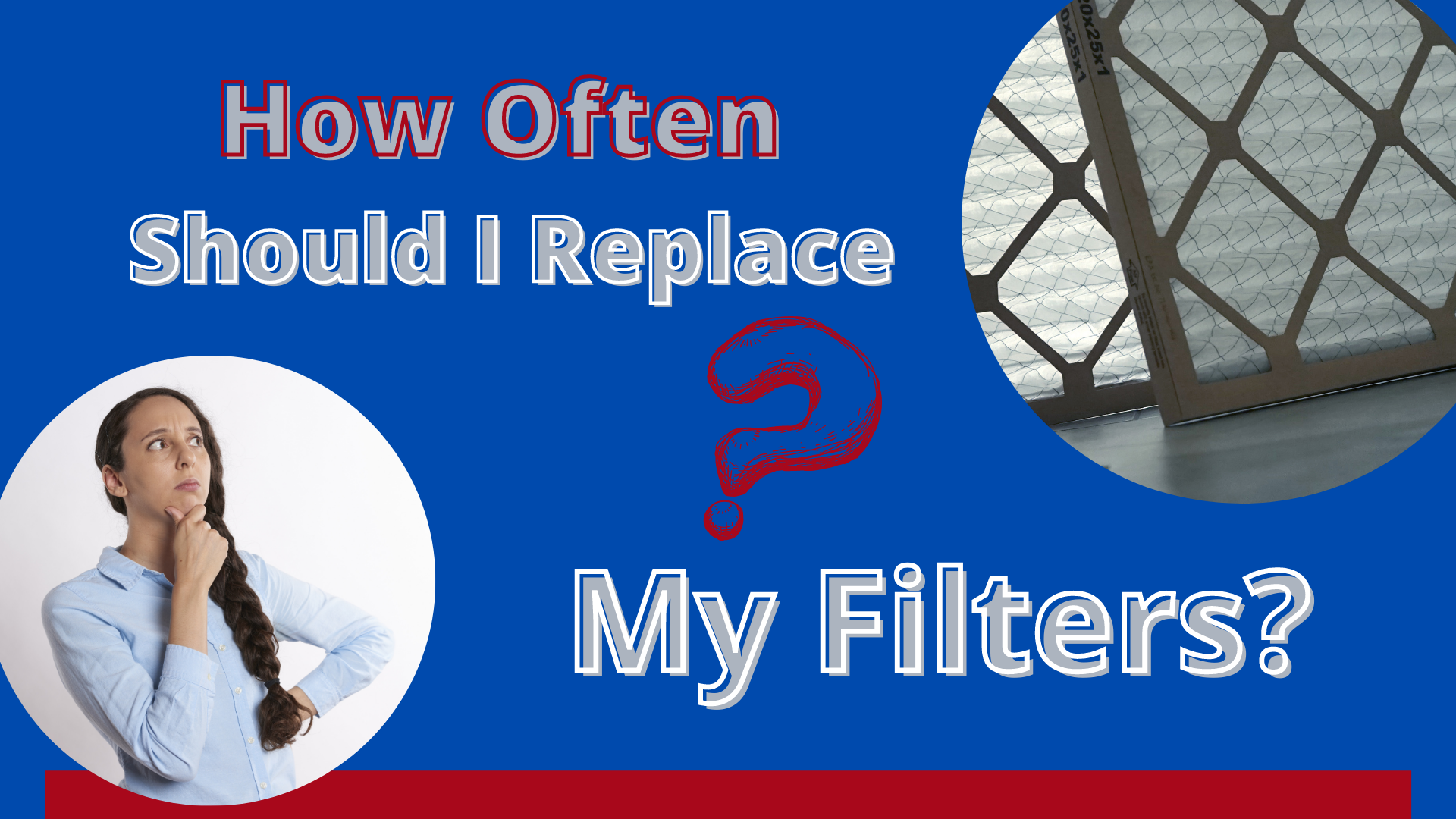Does your family spend more time indoors? Indoor air quality is a common concern, especially since poor quality air can lead to short and long-term health problems.

Allergens can accumulate on your floors, especially if you have carpet or you live with pets.
Whether you live in an apartment or your own home, you need to implement proactive steps to improve indoor air quality. Besides, the toxic glues and finishes found in household or office furniture can contain harmful chemicals. Applying proactive steps helps improve the existing indoor air quality and protects your family’s health.
So, how do you improve the indoor air quality of your home? Here are the five top ways to improve your indoor air quality without using a humidifier.
-
Change the Air Filter Often
The air filter in your air conditioning system collects dirt and other debris over time. The dirt and debris may obstruct the airflow and increase your cooling system’s workload. Besides, the debris contaminates the air flowing into your AC ducts.
By replacing the air filter regularly, you ensure clean indoor air and increase the AC’s efficiency while reducing the wear and tear on your AC.
When changing the AC filter, go for the thicker models. They provide a wider air filtration surface and serve you longer.
-
Invest in a High-Quality Air Scrubber Unit
An air scrubber unit is a device attached directly to the AC ductwork and helps remove the air pollution. The modern air scrubber uses UV light technology to detect microorganisms such as mold spores and other contaminants like pet dander, dust, pollen, and other pollutants flowing into your house.
Therefore, a high-quality air scrubber provides your family with cleaner, healthier indoor air quality.
-
Put on the AC for Proper Air Circulation and Filtration
A proper AC unit is the first step to ensuring high-quality indoor air. When your AC unit functions efficiently, it filters any air contaminants. Besides, good AC regulates the indoor temperature and humidity while removing pollutants and mold from the air. The AC is essential for people who suffer from allergies and asthma since it minimizes the irritants that trigger an allergic attack.

-
Regular AC Maintenance
Ensure you engage a qualified AC technician for unit maintenance at least two times a year. Regular maintenance involves changing the air filtration units, cleaning and disinfecting the air ducts, and changing any defective AC parts.
A well-maintained AC unit has a longer lifespan. Besides, the Ac is more energy-efficient since the HVAC maintenance company replaces the defective parts. Ultimately, you enjoy quality indoor air and save on utility bills.
-
Buy a Portable Air Filter Device
Consider investing in a portable air cleaner or an air filter for that extra air filtration. Attaching the device to your AC provides additional air filtration. It is easy to install, and you can carry it to different rooms.
Portable air filters trap pollutants in the paper-like fibers, and you can easily place them on the AC unit to remove 99.97% of particles from the air flowing into your home.
Conclusion
Indoor air quality impacts overall health and wellbeing. Breathing contaminated air is health-threatening and can lead to various chronic conditions. The above five tips will help you improve indoor air quality even without using a humidifier.
While they are easy to implement, it is best to have a qualified HVAC expert help you with AC maintenance.
At Anthem CV, we provide experienced AC technicians serving the greater Coachella Valley and Riverside area. Call us today to help you improve your indoor air quality.
If you live around the Coachella Valley area – Indio, Indian Wells, Palm Desert, or La Quinta – a reputable heating and air conditioning repair and provider company is nearby. Let Anthem Heating & Air help you with all your air conditioning and heating questions and needs! Visit us at www.anthemcv.com/ or call now at (760) 895-2621.















